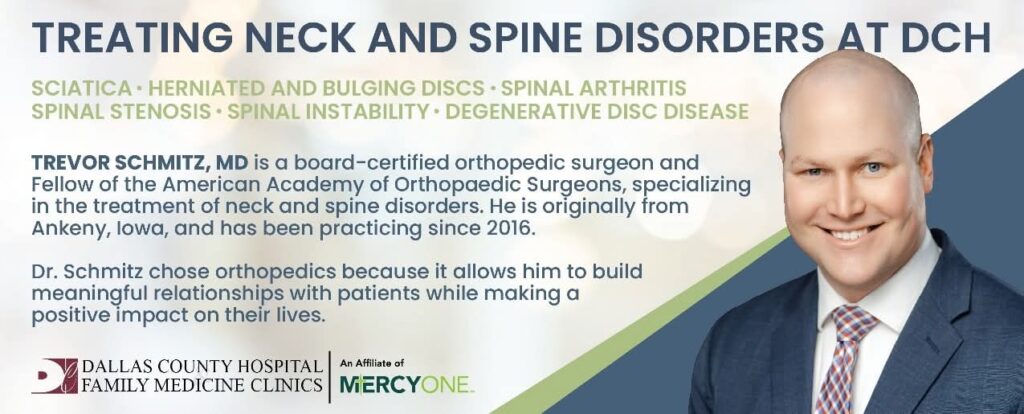For many people, the winter holidays are a time to gather with family and share stories and memories.
The winter holidays are also a good time to talk to relatives about their health history. Family health history is a record of your family’s past and present health conditions, and it can tell you if you may be at a higher risk for developing certain diseases.
Blood-related relatives share genes, but families also tend to live in similar physical environments and share similar lifestyle habits, such as habits of diet and exercise. All of these factors can affect one’s health.
The first step is to collect your family health history information. Ask parents, siblings, grandparents, aunts, uncles, nieces and nephews on both sides of your family what conditions they have or had as well as their age when diagnosed.
You should also ask relatives about your family’s ancestry and countries of origin because several diseases are linked to certain geographic ancestries.
Find out the ages and causes of death of relatives who have passed.
It’s not enough to just know your family health history. You must act on it too. Share this information with your primary care doctor. He or she can determine whether you should begin disease screenings earlier than the generally recommended age, be screened more often or be screened with different methods.
For some conditions, such as heart disease, the doctor might also recommend adopting lifestyle changes or even taking medications that can lower your risk.
Visit the U.S. Centers for Disease Control and Prevention’s Family Health History website to learn more about acting on your family health history.
Natalie Peters is the community health educator in the Dallas County Pubic Health Department.


















